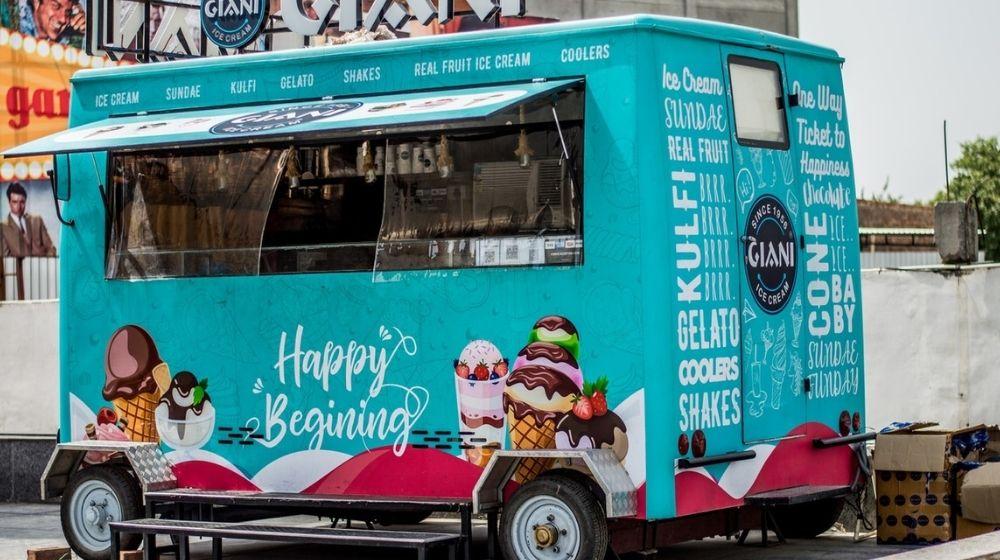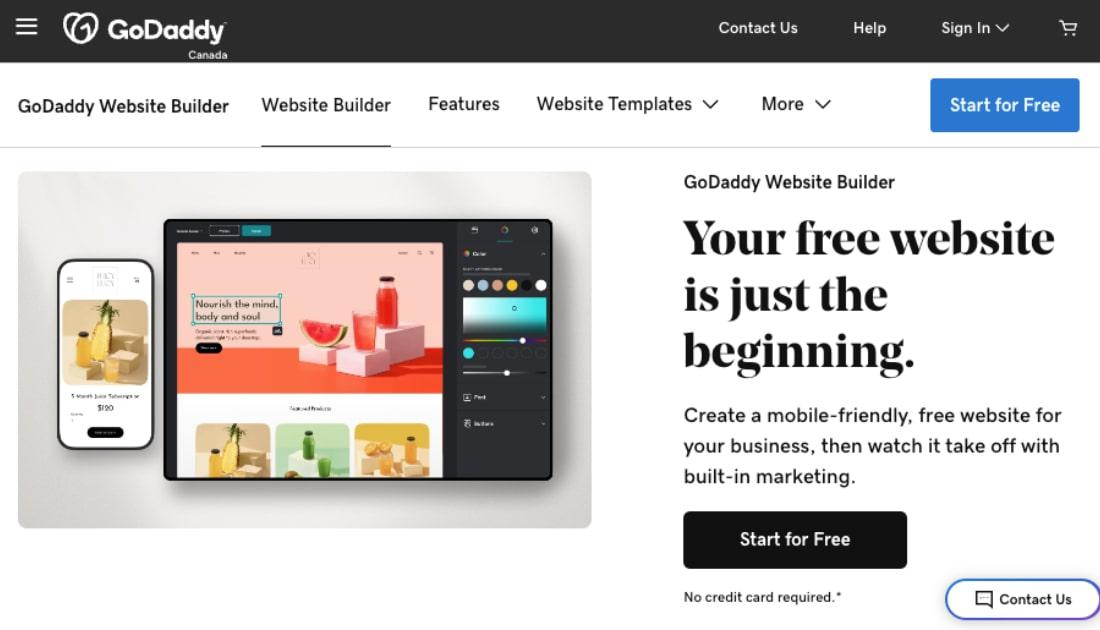You’ve watched the movie “Chef” 100 times. All your friends and family say you make the world’s greatest churros. You’ve been dreaming about this for a long time. It’s time to finally start a food truck business.
There’s never been a better time to start a food truck business!
Because of the pandemic, many people still have concerns about eating indoors — so an outdoor venue is a great option. Additionally, food trucks require less start-up capital. So, if you’ve ever dreamed of owning your own restaurant, a food truck business is a great place to start your food empire.
Another advantage is that they allow you to meet your customers wherever they are, rather than them coming to you. So let’s talk about what you need to know to start a food truck business.
9 things to know before you start a food truck business
As with all businesses, it’s a good idea to strategize the ways in which you want to portray your food brand. There are many ways to shape and build who you want to be. Setting certain goals for yourself will help you accomplish your vision. Let’s take a look at some of the ways you can begin this journey.
1. You need a concept
The first thing you need is a concept for your food truck. It needs to be, above all else, simple and adaptable. You’ll need to focus on one niche concept for your food truck. Most food trucks focus on comfort food and items that can easily be eaten out of hand, without knife or fork.

Could you open up the latest (insert TikTok or Instagram food trend here) food truck? Sure, but it’s likely your concept won’t go the distance. Your concept needs to be niche, but not a flash in the pan.
2. Simplicity is key
Focus on six to 10 menu items and create variation by serving them in different ways. If you can, use one ingredient in multiple ways. Chef Heidi Fink, who teaches in the Professional Cook Training Program at Camosun College on Vancouver Island says:
There isn't much storage or prep space in a truck, so you have to be creative with a limited set of ingredients. We do ‘theme weeks’ on our truck and use many of the same sauces and garnishes for each menu item.
So during taco week, for example, they serve three different protein options, but use the same set of toppings.
3. Personality is a plus
Maybe it goes without saying, but this is a very hands-on business. One of the reasons we like food trucks is because you can interact with the owners and watch your food being made.
In fact, many successful food trucks are built on the personality of the owners. Those daily interactions can make or break your business, as you can create a loyal following by sharing your passion directly with customers.
4. Early research pays for itself
When running a food truck business, you’ll need to ask yourself the following questions to get a leg-up on the competition:
- Who in your city is already running food trucks?
- What kinds of food trucks are available?
- Is there anyone who’s already running a food truck with your concept?
- What kinds of permits and licences will you need?
- What kinds of insurance do you need for the truck and for your workers?
Many cities require you to have a special driver’s licence, along with a business licence, your food safe certification and a propane certification if you’re using propane. You’ll also need health permits since food trucks are subject to the same rules and inspections as restaurants.
Check this website for details on what you can and can’t do in various Canadian cities — it could influence your decisions.
5. You’ll need a commissary

Because space on the truck is so tight, it’s really difficult to do a lot of prep work on there. For this reason, you’ll most likely need to hire out space in a professional kitchen or commissary.
You’ll also need a safe and gated space to store your truck at night (ideally at the commissary space).
If you already have a restaurant, you can use that for your food prep and start a food truck as an addition to your business, suggests Ryan Spong, co-owner of Vancouver’s Tacofino.
6. And, of course, a truck or cart
You have a few different options here. You can purchase a:
- Trailer-type food truck or cart (which tend to be smaller)
- Larger, all-in-one truck (which is obviously a lot more expensive)
Location is another factor. You can move around the city, trying to find business in different locations, or you can have one fixed location for your truck. Check the restrictions for your city before you invest in a truck or cart.
7. Where will you get startup funding?
Although running a food truck costs about 10% of what it would cost you to start your own restaurant, Spong suggests your start-up budget should be somewhere between $50-100K, though he confesses Tacofino purchased their first truck for just $7,000.
Naomi Arnaut of Say Hello Sweets, a vegan ice cream truck in Vancouver, BC, took a similar approach. She bought her first truck for a song and her partner, who was a mechanic, fixed it up for her. They then hand-painted the outside, rather than paying for wrapping.
Basically, the more sweat equity you can put in, the less your start-up costs will be.
“You basically need to be the human equivalent of a swiss army knife,” jokes Spong.
You’ll also need to budget for daily operating costs once your truck is up and running. This can include food, wages, gas, power, insurance and marketing.
8. You need proof of concept
While a food truck may be a small business, it’s still a business. Having a business plan will help you go a long way towards success, as well as securing funding from investors or loans.
For more information, visit the Government of Canada’s website or see this business plan template provided by BDC.
Also, see what assistance you can get from your Provincial government. Here in BC, we have SmallBusinessBC, which offers lots of resources to new and prospective business owners.
9. Finally, you have to promote your food truck
You’ll need a website and social media channels. A great deal of food truck marketing happens via social media because it allows you to be nimble and change quickly, if need be.
Get your truck listed on the Street Food App.
Also, don’t underestimate the value of your truck as a marketing device. “It’s one big walking billboard,” says Spong. “I call it ‘parketing,’” Arnaut agrees. Her hand-painted truck is unique and stands out on the streets.
Think outside the box
Prior to the pandemic, many food trucks would do well by hitting up festivals, beaches, or downtown locations with lots of hungry office workers looking for lunch.
Clearly there’s not any of that happening now. But you could still apply to your local farmer’s market to become an exhibitor there.

Additionally, if your city has a film industry, see if you can get in touch with the producers there. Arnaut has often made extra cash by either having her food truck as part of a movie scene or by being hired as a treat for hard-working cast and crew.
Tacofino’s food truck is often hired out to cater weddings or similar events, too.
Editor’s note: Use GoDaddy’s Website Builder to bring hungry diners to your food truck with a website that gets you noticed by search engines, on social media — everywhere. Plus, you can build and update your website right on your phone. Try it for free!
Begin your food truck business today
In short, running a food truck is not for the faint of heart. It’s a real business, and it requires you to put in a lot of hard work, and have a myriad of skills (not just cooking!).
But with a lot of sweat equity, a ton of personality and a solid plan, you can start your own successful food truck business.







